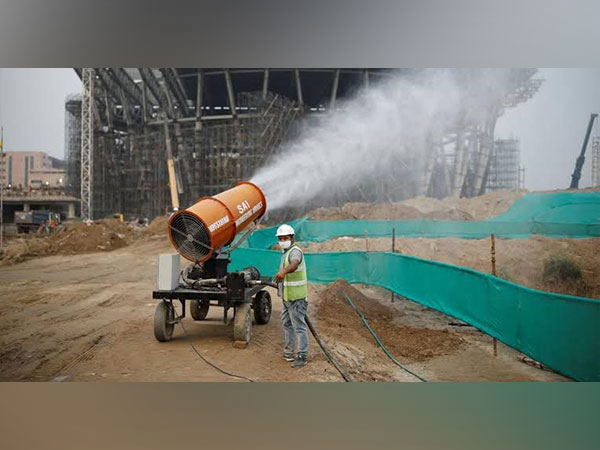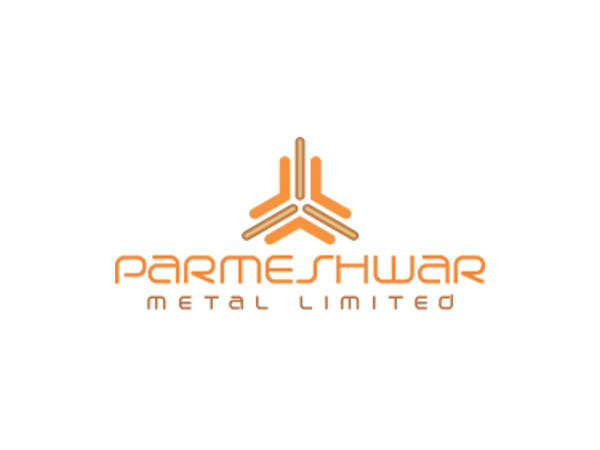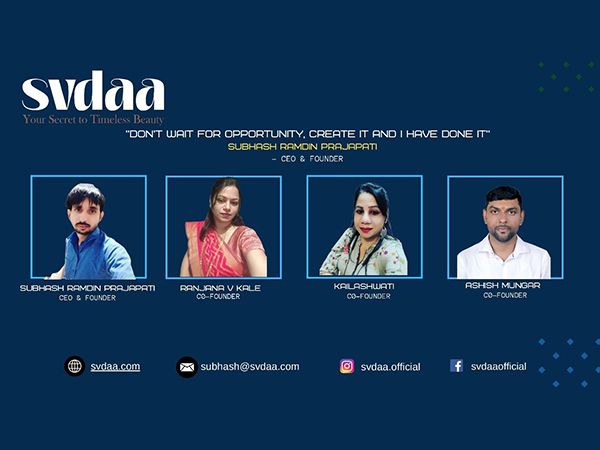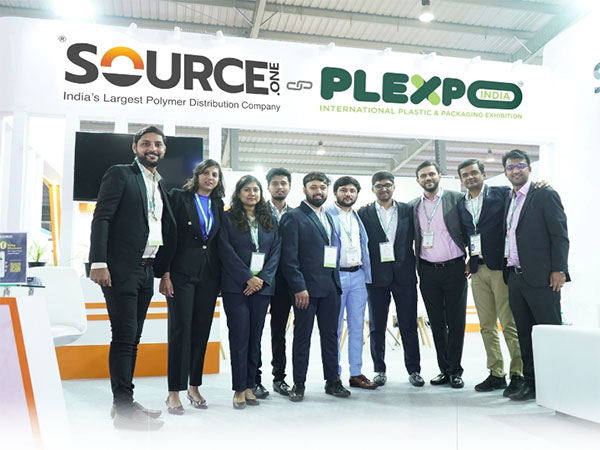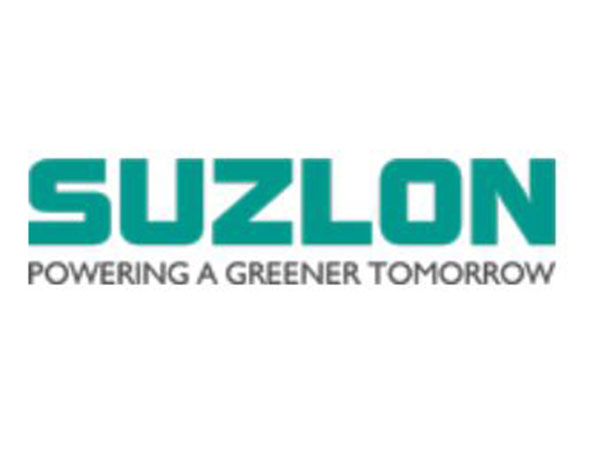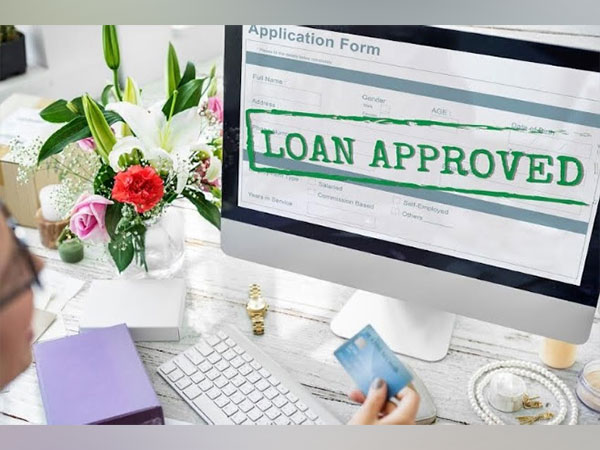Insights from Jagmohan Garg on Sustainable Real Estate Trends
Dec 13, 2024
VMPL
New Delhi [India], December 13: "In a world where resources are finite, embracing sustainability is not merely an option; it's our responsibility to ensure a thriving future for generations to come." - Jagmohan Garg
Why sustainability in everything we do is the need of the hour cannot be overstated, and the real estate sector is one of the areas where this change is most critical. As urbanization accelerates and environmental challenges intensify, adopting sustainable practices in real estate becomes essential for reducing carbon footprints, conserving resources, and fostering healthier communities.
This shift not only addresses pressing ecological concerns but also aligns with economic benefits, as sustainable buildings often lead to lower operating costs and increased property values. With growing awareness and demand for eco-friendly living spaces, the real estate industry stands at a pivotal moment to embrace sustainability as a core principle. Let's gain insights from Jagmohan Garg, a Delhi-based real estate tycoon and owner of Mera Baba Group, on how he envisions the future of sustainable real estate.
The green buildings market in India is poised for significant growth, with projections indicating it will contribute USD 39 billion (approximately Rs. 3.2 lakh crore) by 2025. This surge underscores the increasing focus on sustainable construction practices, as green buildings are becoming an ever-larger portion of new developments. A joint report by Resurgent India and NAREDCO highlights this trend, reflecting a broader commitment to environmentally responsible building practices nationwide.
"Building sustainably isn't just a trend; it's the real estate equivalent of wearing a seatbelt--essential for a safe ride into the future! After all, who wants to invest in a property that's more of a 'greenhouse' than a 'green home'? Embracing sustainability means not only saving the planet but also boosting property values, attracting eco-conscious buyers, and ensuring your investment doesn't go up in smoke--literally! So let's swap out those outdated practices for some eco-friendly upgrades and turn our homes into beacons of hope, not just bricks and mortar." believes Jagmohan Garg.
Companies are also focusing on enhancing their green credentials and complying with international sustainability standards, recognizing the importance of corporate social responsibility in today's market. Moreover, green buildings offer significant economic advantages, including reduced operational costs, increased property values, and improved occupant productivity; for instance, energy-efficient buildings can lower energy consumption by 20-30% and reduce water usage by up to 50%.
With India's urban population projected to reach 600 million by 2031, there is an urgent need for sustainable housing solutions that can accommodate this growth while minimizing environmental footprints. This demand is reflected in market trends, (USD 39 billion by 2025), highlighting the increasing emphasis on sustainable construction across commercial and residential segments.
Jagmohan Garg says, "As awareness of environmental issues grows, buyers and investors are increasingly prioritizing properties that demonstrate eco-friendly practices and energy efficiency. This trend is not merely a passing fad; it is becoming a cornerstone of real estate investment strategies."
Amazon has made remarkable strides in sustainability with its new headquarters in Arlington, Virginia, which is designed to be a model for eco-friendly construction. This LEED Platinum-certified complex features green roofs, energy-efficient systems, and extensive green spaces to enhance biodiversity. Powered entirely by renewable energy, Amazon HQ2 achieves a 24% reduction in energy consumption compared to similar buildings, showcasing how large corporations can lead the way in sustainable development while addressing climate change challenges.
In India, the CII-Sohrabji Godrej Green Business Centre in Hyderabad stands out for its practices. It employs various energy-efficient technologies, including rainwater harvesting and wastewater treatment systems, achieving net-zero energy consumption. This center exemplifies the potential for comprehensive sustainability in building design, reinforcing the commitment of developers to create environmentally responsible structures that benefit both communities and the planet.
Talking about efforts made by developers in our very own Capital Jagmohan Garg states, "Developers are taking a refreshing approach to combat pollution, quite literally! utilizing water mist fans to sprinkle mist over construction sites. Even the Delhi government is testing drones to ease this task! While these techniques may not solve every pollution problem, they certainly add a layer of ingenuity to our efforts. It's encouraging to see such forward-thinking and sustainable solutions being tested."
Even after so many efforts and working models of sustainability in India, it is not as easy as it sounds!
Developers face several significant challenges when adopting eco-friendly building practices, which can hinder the widespread implementation of sustainable construction. One of the primary obstacles is the high initial costs associated with green building materials and technologies. These upfront expenses can deter developers, despite the long-term savings and benefits that energy-efficient systems offer. For instance, integrating solar panels or advanced insulation may require substantial investment, which can strain project budgets and financial forecasts.
Another challenge is the limited availability of sustainable materials. In many regions, eco-friendly products are not readily accessible or may come at a premium price due to lower demand and higher production costs. This scarcity can lead to delays in construction timelines as developers search for suitable alternatives or wait for materials to become available.
The lack of skilled labor also poses a significant hurdle. The specialized knowledge required to effectively implement sustainable practices is often in short supply. Many workers may not be familiar with green building technologies, which can result in improper installation and reduced effectiveness of energy-saving features. This skills gap necessitates additional training and education, further complicating project execution.
Jagmohan Garg opines, ""Developers are leading the charge towards a greener future, embracing innovative practices and sustainable designs that enhance our communities while protecting our planet. More and more constructions in India are shifting towards greener building practices, demonstrating a commitment to sustainability despite the challenges faced.
"Our unwavering dedication to building responsibly not only raises the standards of modern construction but also ensures that every structure contributes to a healthier environment. The good news is that sustainability is becoming an essential feature of new developments, proving that the community is moving towards better standards for future generations." He adds
Looking ahead, Indian real estate sector is ready to make leaps and bounds with sustainability at its core!
(ADVERTORIAL DISCLAIMER: The above press release has been provided by VMPL. ANI will not be responsible in any way for the content of the same)
